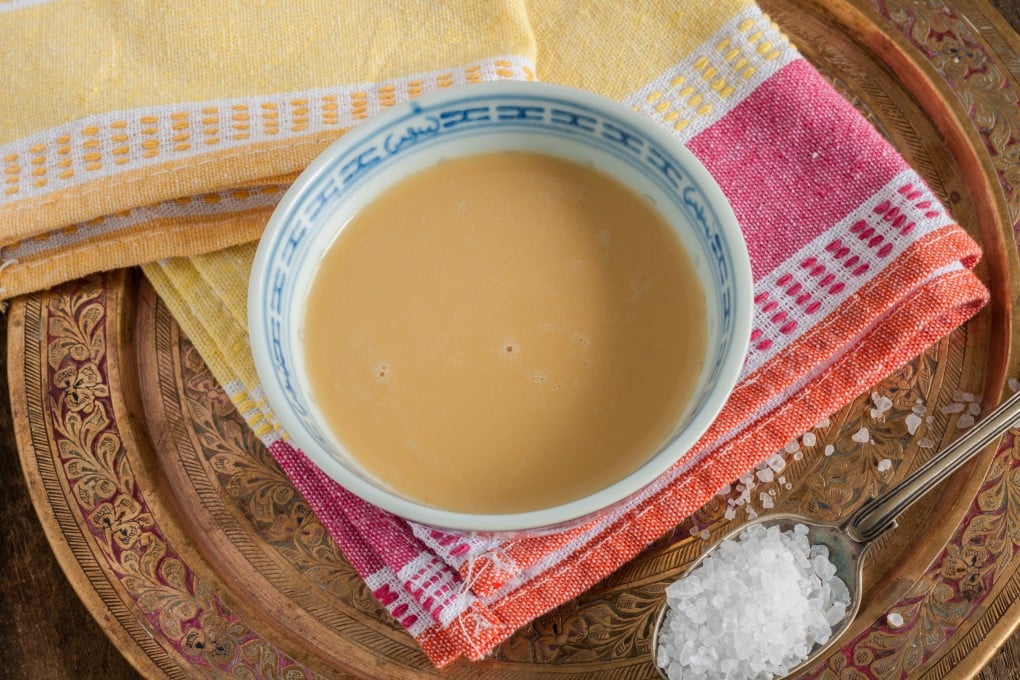Advertisement
Adding salt to tea? Tibetans and Hakka in China do it, Indians do it – so ignore the recent social media stir about it
- Britons don’t take kindly to salt in tea, as shown by the social media stir over a US chemist’s suggestion that adding it to a cup improves the drink’s flavour
- But in parts of India, among China’s Hakka and Tibetans, in Mongolia and Bhutan, salt has been added to tea for as long as anyone can remember
Reading Time:4 minutes
Why you can trust SCMP

Earlier this year, Dr Michelle Francl, a US-based chemistry professor, set off a storm in a teacup on the social media platform X (formerly known as Twitter) by saying that tea tastes better “with a pinch of salt”.
In a now-viral recipe from her book Steeped: The Chemistry of Tea, Francl says adding a pinch of salt to tea helps “reduce the bitterness” of the brew.
The unconventional suggestion triggered a war of words between Americans and Britons over what constitutes a perfect cup of tea. The reactions from tea-loving Britons were acerbic. “Don’t even say the word ‘salt’ to us,” the etiquette guide Debrett’s wrote on X.
Advertisement
The brew-haha prompted the US embassy in London to release a tongue-in-cheek statement, saying that “the unthinkable notion of adding salt to Britain’s national drink is not official United States policy”.

Francl explains that salt acts as a blocker to the receptor which makes tea taste bitter, especially when it has been stewed.
Advertisement
Advertisement
Select Voice
Select Speed
1.00x